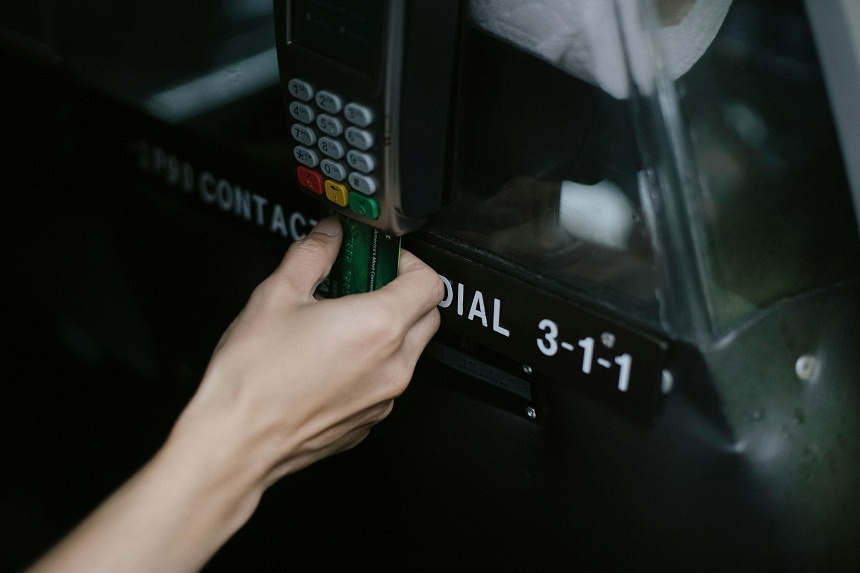The freebie hunter
Sign-up promotions can be a big draw for many first-time cardholders.
Checks by The Sunday Times showed that most banks tend to offer promotions to those new to their cards, such as additional cashback or bonus miles in bulk, as well as big-ticket gifts.
For instance, HSBC currently has a range of cards either offering up to 35,000 miles, $200 cashback, or a piece of Samsonite luggage worth $680.
Sign-up gifts offered by other cards in the past include an Apple iPad, a Secretlab chair or Sony noise-cancelling headphones, which each retail for above $500.
Of course, such promotions do come with terms and conditions, such as minimum spends within the first month of application.
To maximise such promotions, Mr Wee said: “If you don’t use cards from a bank much, it may be worth it to cancel the cards altogether so you can qualify for new cardholder gifts in future.”
But avoid making this a habit, cautioned MileLion’s Mr Wong.
Known as “churning”, this refers to the practice of leveraging a card’s welcome offers and cancelling it within a year to qualify for the bank’s next newcomer promotion.
“Banks can and do track people who do this. If you do this too often, they might just reject all your applications going forward,” he said.
Not a sure win
But the game of credit cards is not a sure win. If one misses payments or spends beyond their means, there is much to lose.
“Credit cards – and their rewards – are designed to get you to spend more, so be careful of lifestyle creep and overspending,” warned Mr Wee.
Lifestyle creep is when your income goes up and spending creeps up to match it, and you get used to more expensive things.
While signing up for multiple cards is one way to maximise benefits, remember to cancel cards you no longer use, or request annual fee waivers as your wallet fills up.
Checks by ST show that most cards have an annual fee of about $200.
Although only the first annual fee is free, banks are usually willing to waive subsequent payments upon request, said Mr Wong.
A good way to prevent overspending would be to view credit cards as debit cards, said Mr Wong, adding that “a credit card should not be an invitation to spend money that you don’t already have”.
Ms Huang Xuwen, founder and financial consultant at Financial Wellness In Singapore, said prudent financial habits, such as saving first and spending later, should be practised consistently.
“If necessary, use two separate bank accounts – one for accumulating savings every month, and one dedicated to spending,” she said.
Being unable to pay credit card bills and incurring late payment fees will lead to a growing debt, worsening one’s credit score with Credit Bureau Singapore, added Ms Huang.
This might make it hard to secure loans or apply for jobs in industries such as finance in the future.

Leave a Reply